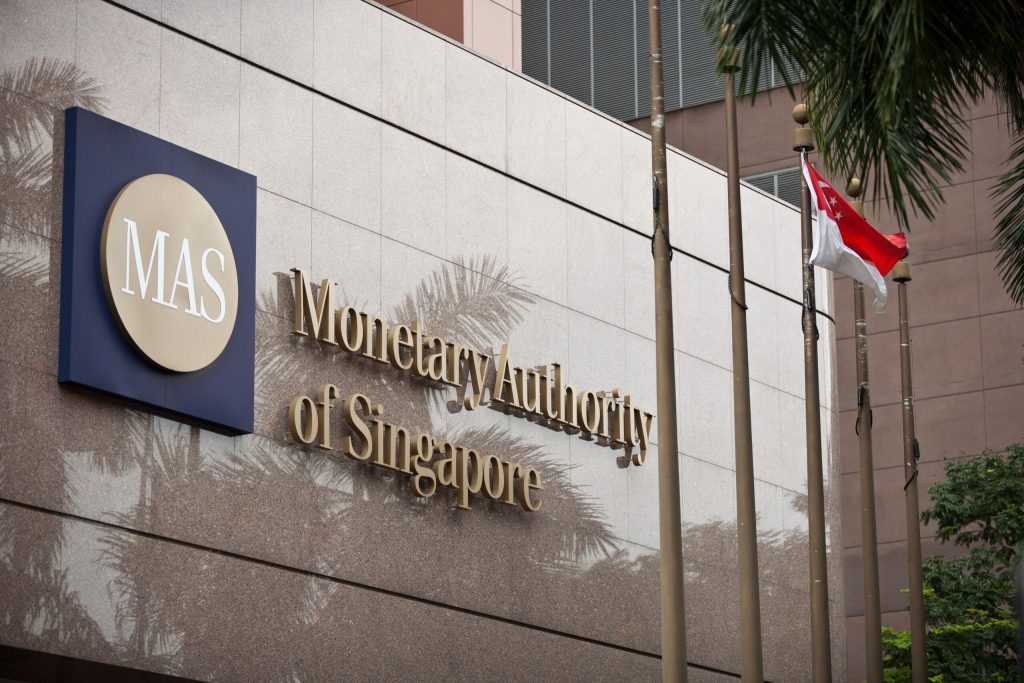Monetary Authority of Singapore (MAS) anchors $510 million Green Investments Partnership to finance sustainable transport, renewable energy, and storage projects in Southeast and South Asia.
Backed by HSBC, Temasek, the Australian government, and other regional players, the fund combines commercial and concessional capital to de-risk marginally bankable projects.
Managed by Pentagreen Capital, the initiative aligns with Singapore’s broader strategy to mobilize capital for Asia’s low-carbon transition.
Singapore Anchors Regional Climate Finance Push
The Monetary Authority of Singapore (MAS) has secured $510 million in committed capital for a new fund targeting green infrastructure across Southeast and South Asia. The Green Investments Partnership, unveiled as part of the Financing Asia’s Transition Partnership (FAST-P), will channel resources into renewable energy, storage solutions, and sustainable transport.
Funding commitments have come from a mix of regional and international institutions, including HSBC, Singapore’s state-owned investor Temasek, and the Australian government. The structure is designed to blend public and private capital in a way that reduces risk for investors while accelerating project deployment.
Pentagreen to Manage Investments
Fund management has been entrusted to Pentagreen Capital, a sustainable infrastructure debt financing platform created jointly by HSBC and Temasek. The platform specializes in financing projects that struggle to attract traditional capital but carry high potential to advance climate and social goals.
“Pentagreen has brought together a diverse group of partners, participating across commercial and concessional tranches of the capital structure to de-risk and finance marginally bankable green infrastructure projects,” said Gillian Tan, Assistant Managing Director (Development & International) and Chief Sustainability Officer at MAS.

This layered financing approach is central to FAST-P’s strategy. By taking on a portion of the risk, concessional capital can draw in commercial investors who might otherwise avoid projects in markets with higher perceived financial or political volatility.
RELATED ARTICLE: DBS, Singapore Manufacturing Federation Partner to Decarbonize Singapore’s Manufacturing Sector
Regional Transition Imperatives
Southeast and South Asia are home to some of the world’s fastest-growing energy demand, but also some of the most coal-dependent economies. Expanding access to affordable capital for renewable energy and low-carbon infrastructure is seen as a critical step toward aligning the region with international climate targets.
The fund’s pipeline is expected to prioritize utility-scale renewables, battery storage, clean mobility solutions, and enabling infrastructure. MAS has emphasized that projects will be assessed not only on emissions-reduction potential but also on broader social impact, including job creation and community development.
Global and Policy Context
Singapore’s initiative dovetails with broader international efforts to bridge the financing gap for emerging markets. The International Energy Agency estimates that emerging and developing economies need to triple annual clean energy investment to meet global net-zero targets.
By positioning itself as a hub for blended finance, Singapore is reinforcing its role in regional capital markets while advancing its own national climate agenda. The move also supports Australia’s diplomatic and economic outreach in Asia, where Canberra has signaled a stronger commitment to climate finance.
Investor Takeaway
For global investors and C-suite leaders, the Green Investments Partnership offers a blueprint for structuring capital flows into markets where infrastructure needs are large but risk profiles are challenging. The model also demonstrates how public-private cooperation can be scaled to mobilize resources at speed.
The fund’s success will depend on execution—balancing returns with measurable impact, navigating policy frameworks across diverse jurisdictions, and ensuring that capital flows translate into real decarbonization outcomes. If successful, the initiative could become a template for other regions seeking to unlock private investment for the energy transition.
A Regional Signal With Global Weight
With $510 million already committed and more fundraising rounds expected, the Green Investments Partnership underscores Asia’s centrality to the global climate equation. As MAS leverages its convening power to bring governments, banks, and institutional investors into alignment, Singapore is positioning itself not just as a financial hub, but as a driver of the region’s transition pathway.
Follow ESG News on LinkedIn

